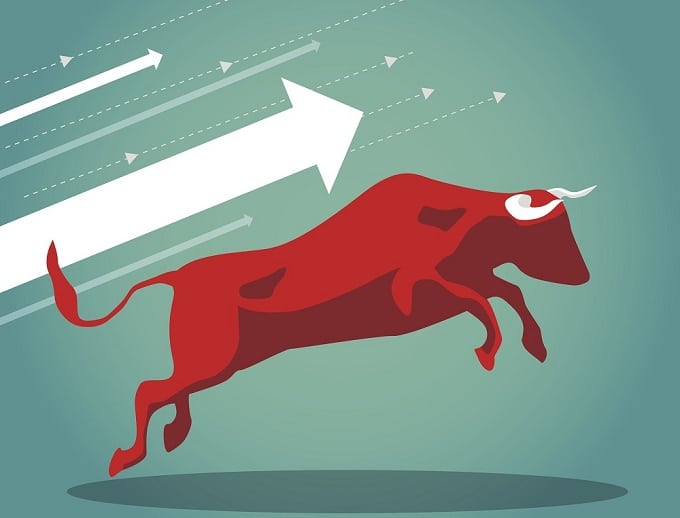At the firm’s investment roadshow on Tuesday, McIntosh said that although markets faced a shake-up in February, a bear market is not near.
“It’s been going on for nine years, which is quite a long time, but it is still not actually the longest bull market we’ve seen,” he said.
Since the mid-70s, there have been two long bull markets that have lasted approximately 13 years, according to Morningstar data.
The first was from 1974 to 1987, which was followed by the October 1987 crash that saw a 20% fall in stock markets over two days. That gave way to the second bull market, from 1987 to 2000.
McIntosh said: “Time is not actually a definition of when a bull market matures, or indeed when it ends.”
Quoting Sir John Templeton, he said: “Bull markets are born on pessimism, grow on scepticism, mature on optimism and die on euphoria.
“But pessimism, scepticism, optimism – these are all human emotions.
“Inflation growth, interest rates, recessions – surely you would think these are the things that drive markets, but actually, human behaviour is one of the biggest drivers.”
McIntosh explained that what happened in February was just a correction, which is normal in markets.
“Bear markets are associated with periods of recession. Are we about to enter a bear market? No because we don’t believe there is an economic recession.
“Those who say we are about to go in to a deep bear market are wrong because it is not backed by any evidence to suggest that.”
Value in Japan
Taking an optimistic view, McIntosh said equity valuations are reasonable but not excessive and are still attractive relative to other asset classes.
The chart below shows the 12-month forward price to earnings (PE) ratio for the FTSE All World index over the last 30 years. The horizontal red line is the average PE ratio over the same period.

McIntosh said: “In the table, you see periods of high valuation around the dotcom bubble and periods of depressed valuation around the financial crisis, and currently, we’re a little bit above average.”

Broken down in to individual areas, he explained that the US stock market (top left, above) is a little bit above its average over the last 30 years and Europe (bottom left) and UK (bottom right) are around their 30-year average, but again “nothing causing any alarm”.
“The conspicuous cheap area is Japan (top right), and it’s been cheap for a while,” he added.
“Everybody hates Japan, nobody likes to invest in Japan – you don’t understand the market, you don’t understand the companies.
“What I would say is that we love Japan. When you invest in Japan, you’re not investing in Japanese markets, you’re investing in global companies that are servicing these new sectors such as robotics and automation.”







